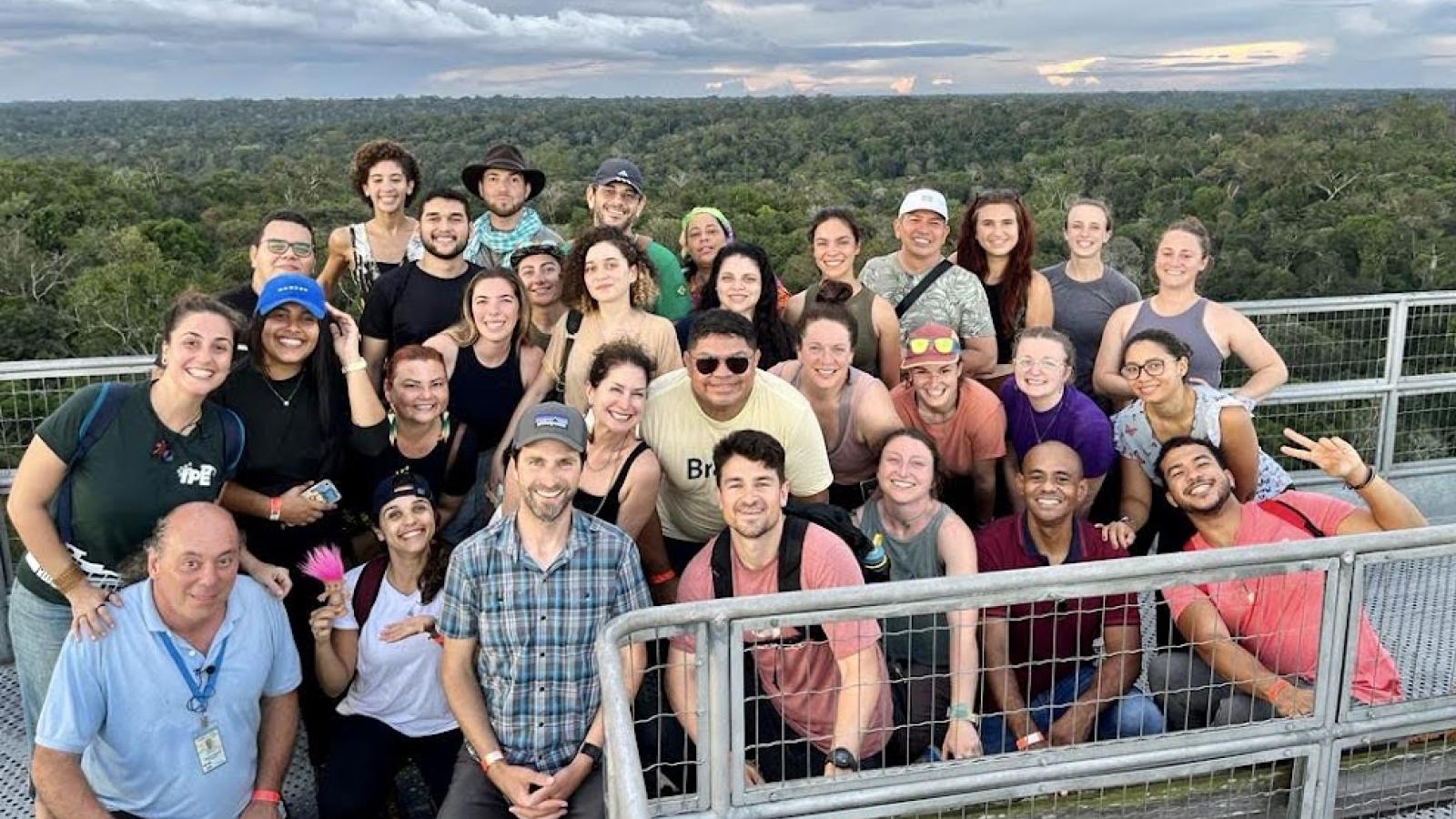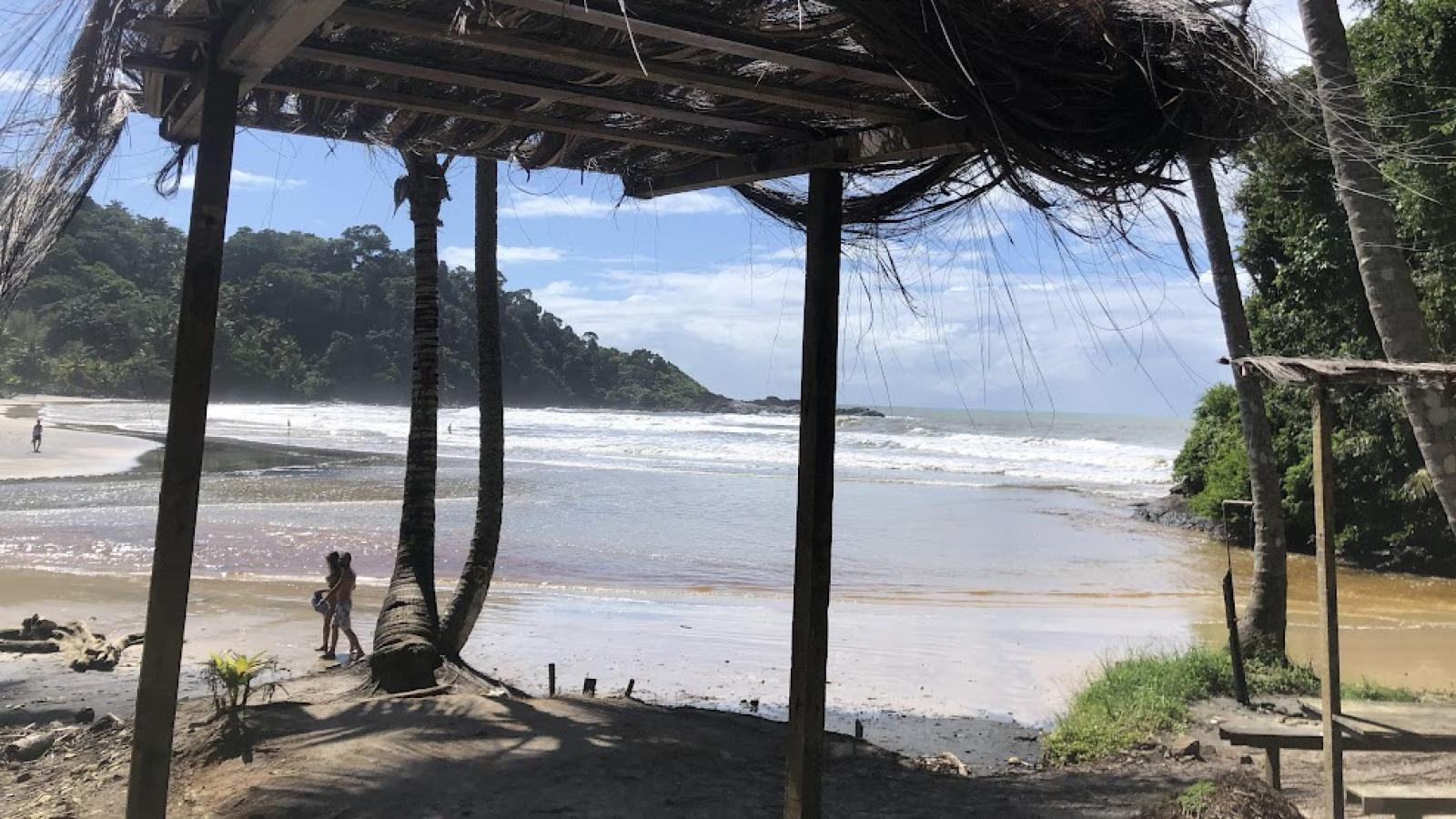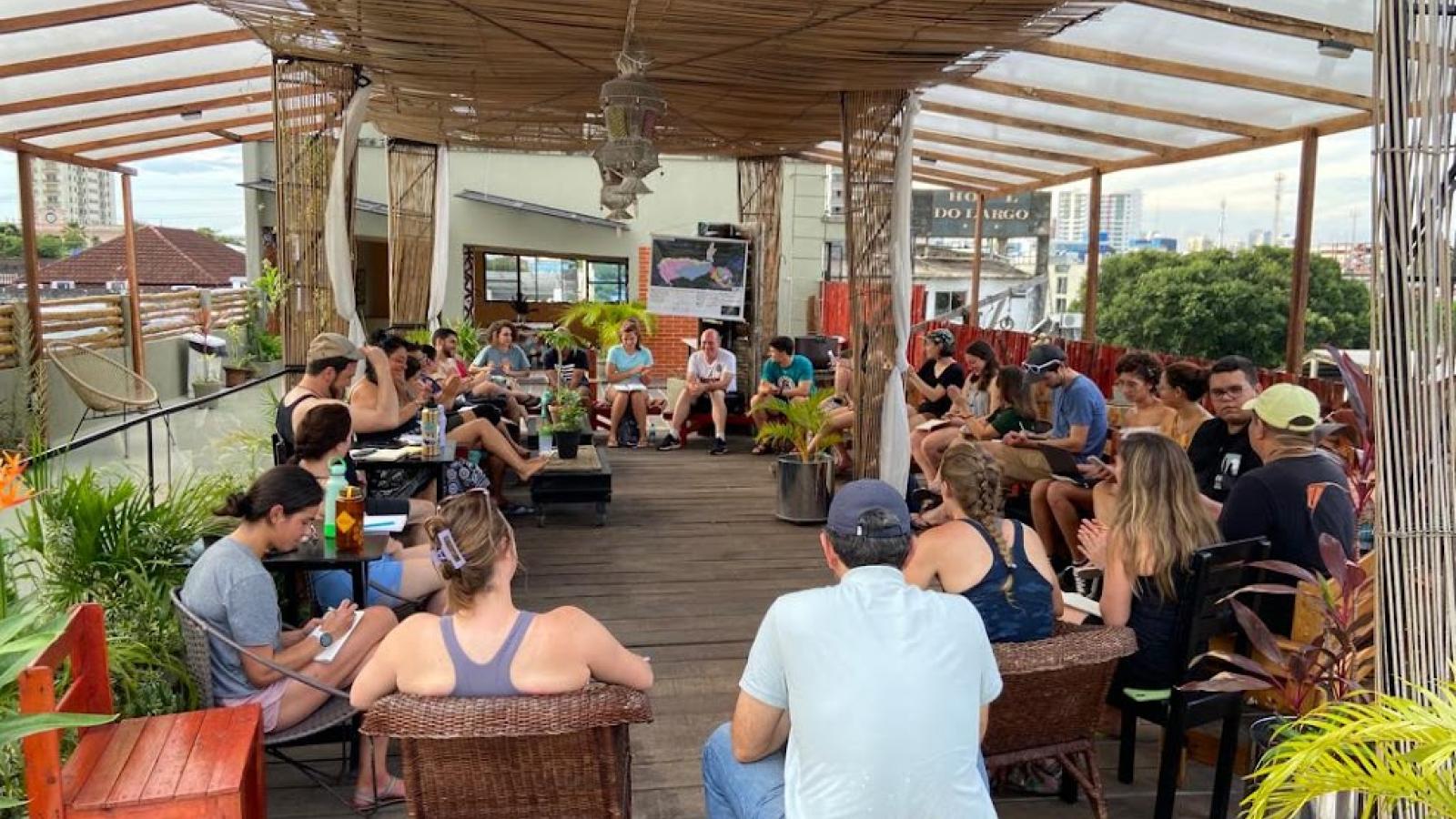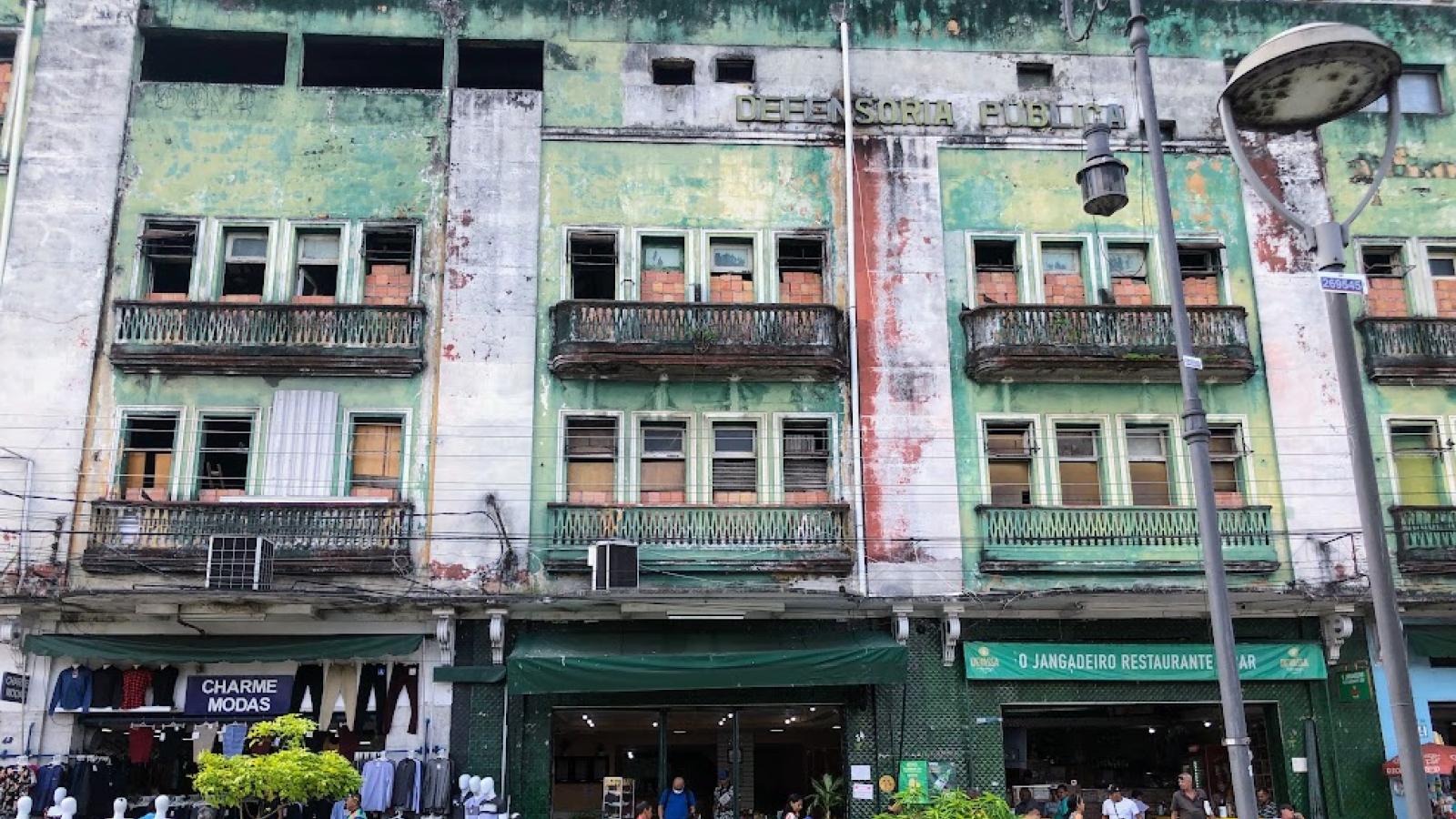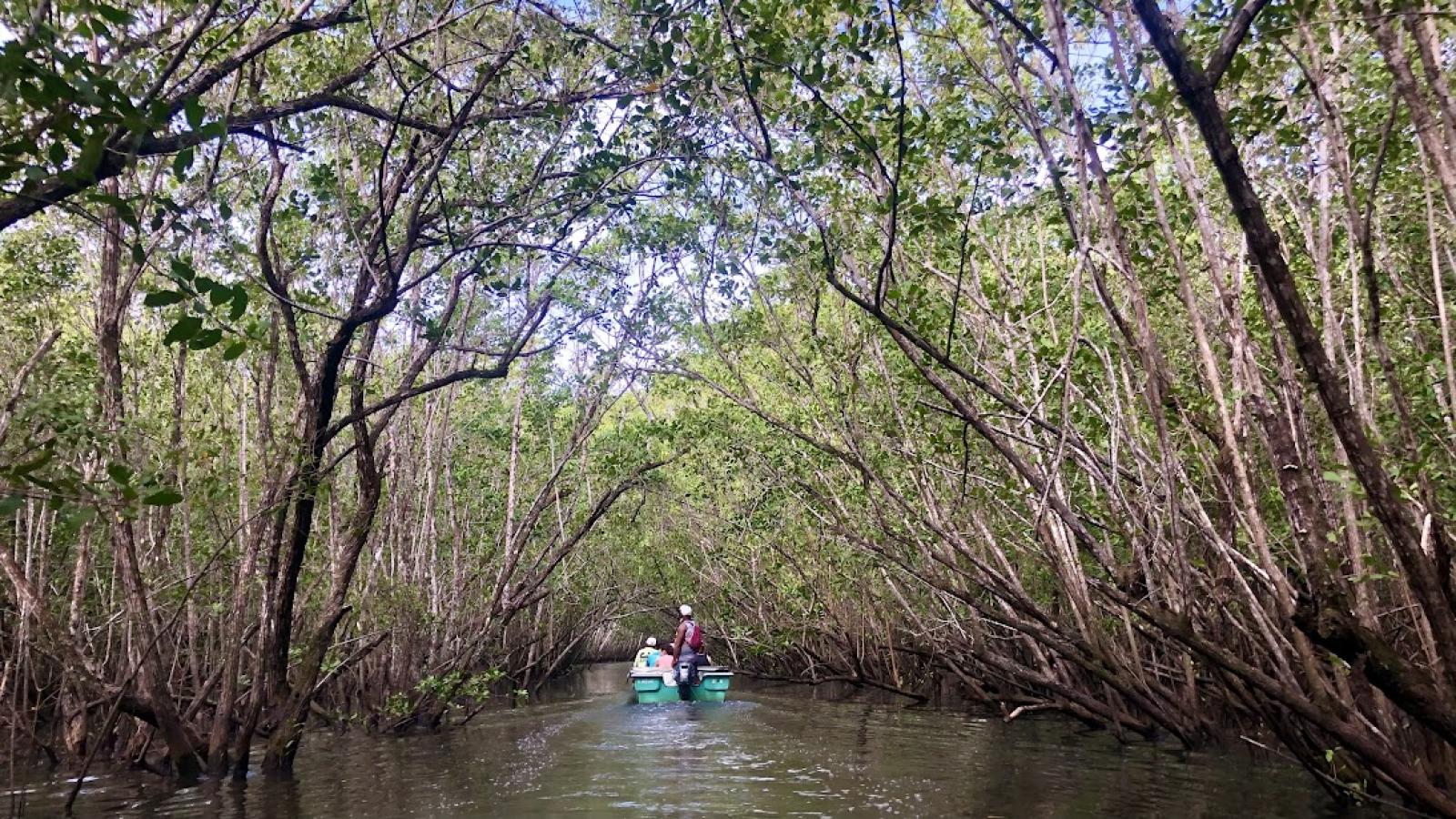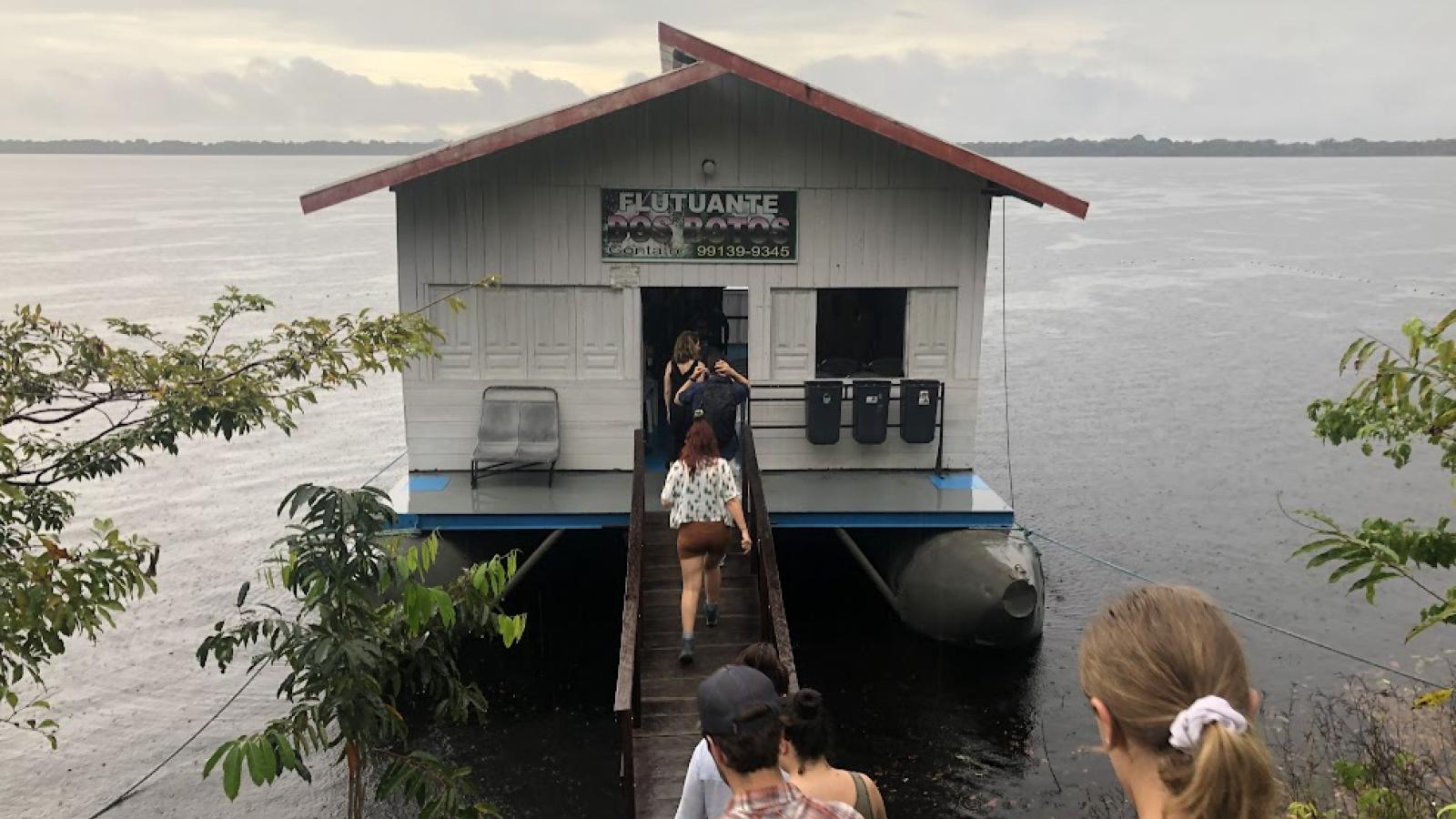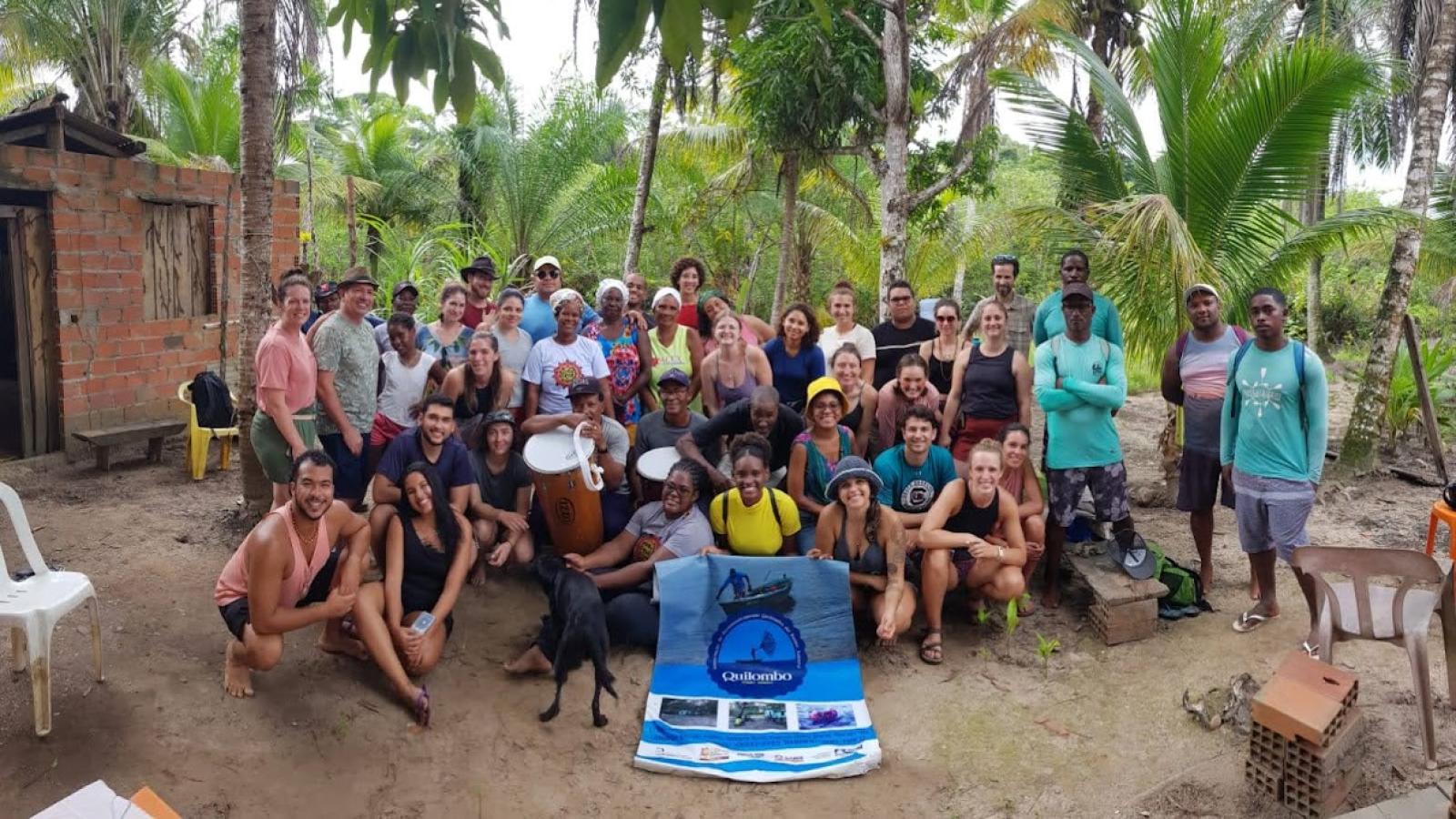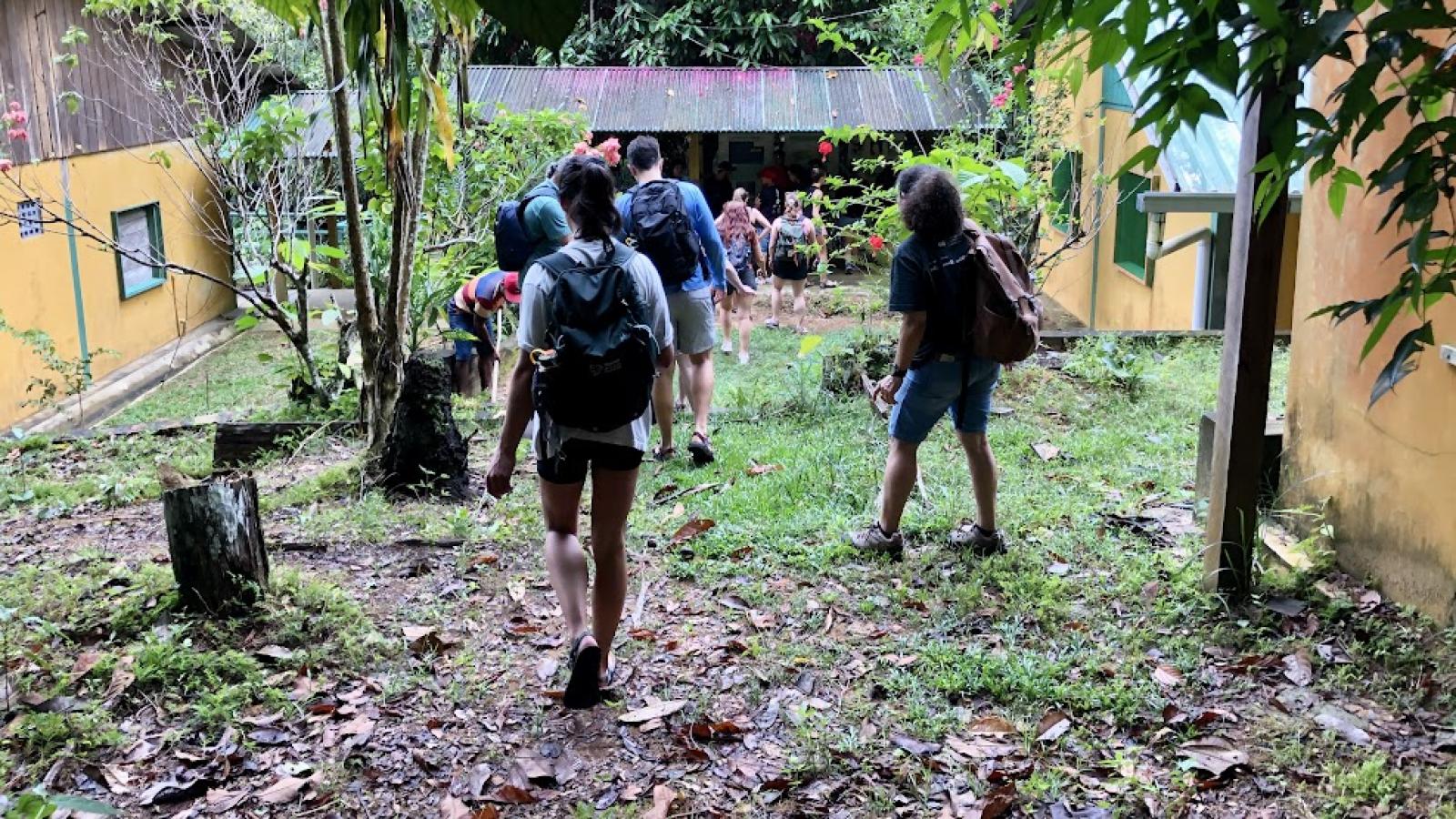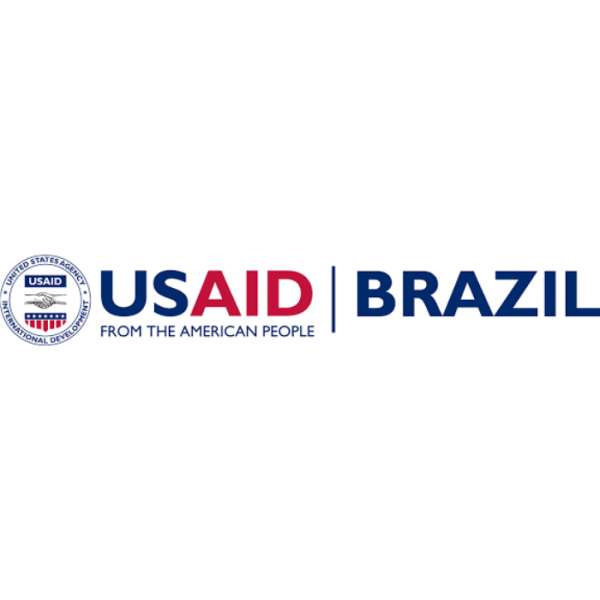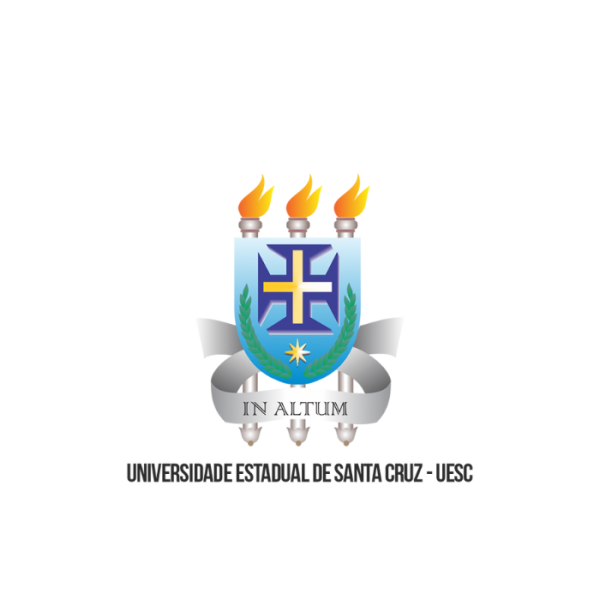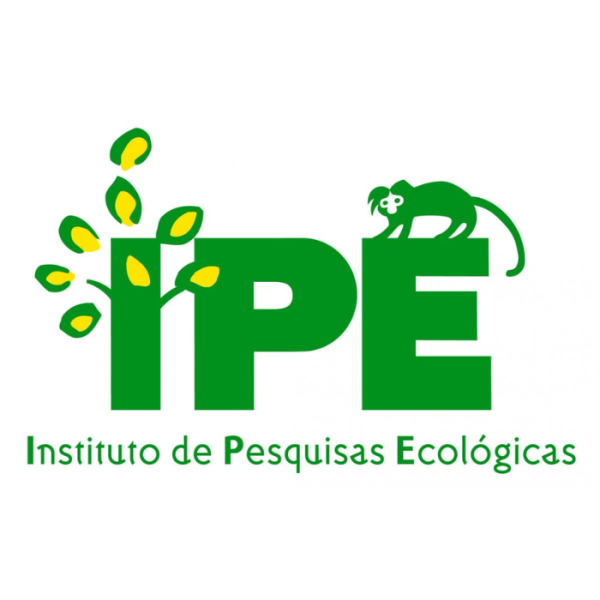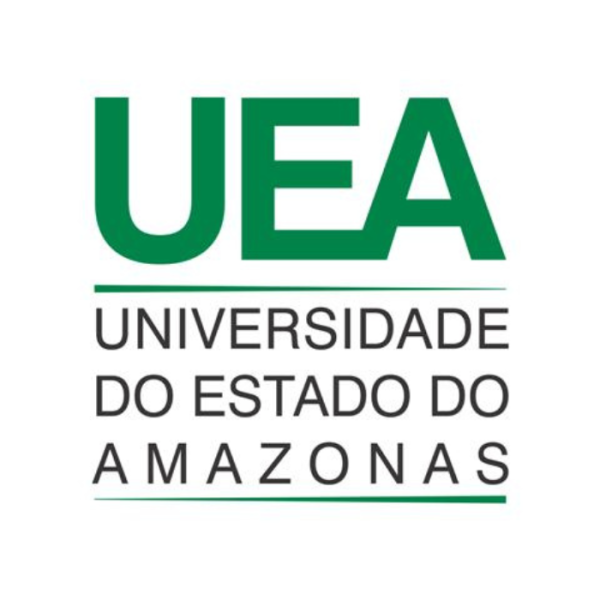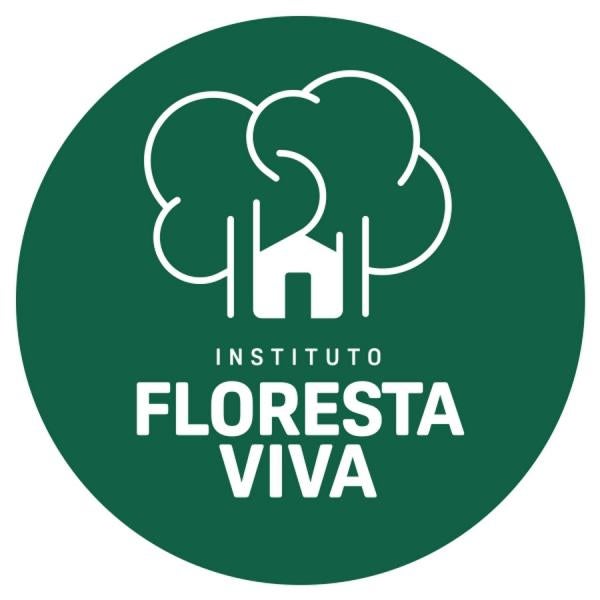Conservation and Sustainable Development in Brazil's Tropical Forests
Explore Sustainable Community Development in the Heart of the Brazilian Rainforests! Ready for an unforgettable journey? Embark on a houseboat adventure down the Rio Negro (which becomes the mighty Amazon River), connect with Indigenous communities, and uncover the impact of mining in the lush Atlantic Forest. Join forces with Brazilian graduate students and be a part of the transformative 'Conservation and Sustainable Development in Brazil's Tropical Forests' class. This class is made possible by USAID-Brazil and is conducted in partnership with Universidade Estadual de Santa Cruz, in Bahia (UESC), Universidade do Estado do Amazonas, in Amazonas (UEA), Instituto Floresta Viva (IFV), and Instituto de Pesquisas Ecológicas (IPÊ).
This 3 credit course takes 12 MENV students to these stunning ecosystems, where they'll collaborate with 12 Brazilian students and their professors for two immersive weeks of exploration and learning.
"This program was the highlight of my graduate academic career thus far. The amount of information that was packed into this three week course was truly amazing. The ability to connect with so many different facets of a system in another part of the world was invaluable. Participating in the immersion program with Brazilian students enriched the experience and provided great insight into life in Brazil. My connection with the Amazon and Bahia is something that will stay with me for the rest of my life. I highly recommend this course."
Logistics
Solving complex socio-environmental sustainability challenges requires an interdisciplinary and systems-thinking approach that accounts for the perspectives of multiple stakeholders. Such challenges, and the opportunities to address them, are exemplified in Brazil’s Amazon and Atlantic Forest biomes. These two tropical forests are of global significance: they sequester and store carbon, which mitigates climate change; they harbor more biodiversity than any other terrestrial ecosystem; and they support the livelihoods of millions of Indigenous and traditional forest-dependent people, many of whom live in poverty yet are also critical actors in forest conservation.
Many community partners are invested in the conservation and sustainable development in Brazil’s forests. These stakeholders wish to avoid the continuation of some of the historic trends of deforestation, fires, large-scale infrastructure, biodiversity loss, and poverty that have characterized these regions. Instead, they hold a vision of developing a sustainable forest-based bioeconomy that conserves forests while promoting well-being and prosperity among rural populations, grounded in the commercialization of non-timber forest products, agroforestry, ecotourism, and carbon markets.
How might this vision of a forest-based bioeconomy be achieved? Is it possible to navigate a pathway that achieves both conservation and sustainable development goals? What governance mechanisms (e.g., policies, programs) are needed to do so? What is the role of different stakeholders? What can be learned across different regions, namely the Amazon and Atlantic Forests, to share lessons learned on integrated conservation and development? What opportunities are there for domestic and international collaborative partnerships to contribute to this vision? This course will address these questions through a two-week immersive field experience in the Amazon and Atlantic Forests of Brazil.
Click here to view a copy of the 2023 Syllabus and Handbook for the course.
Colleen Scanlan Lyons is an environmental anthropologist who works for forest conservation and sustainable development in tropical forest regions of the world. Based at the University of Colorado at Boulder (CU), she serves as an Associate Research Professor in the Environment and Society Program within CU’s Institute of Behavioral Science (IBS). She also serves as the interim director of IBS’s Center for the Governance of Natural Resources. Since 2015, she has directed the Governors’ Climate and Forests Task Force (GCF Task Force), the world’s largest subnational governmental network for forests, climate, and low-emissions development. Colleen also teaches graduate courses on Conservation Leadership and the Conservation and Sustainable Development in Brazil’s Tropical Forests field course with CU and Brazilian students and professors, mentors students, and conducts research on topics ranging from livelihoods and conservation in the Atlantic Forest to environmental governance and forest citizenship across the Amazon. She recently completed a book on social movements in the global biodiversity hotspot of Southern Bahia, Brazil, Running After Paradise: Hope, Survival, and Activism in Brazil’s Atlantic Forest, which features the perspectives and voices of leaders within and across social movements. Across her various positions and projects, Colleen’s life mission is to bridge social-environmental leaders in the global North and South to promote tropical forest conservation that benefits people and place.
Dr. Peter Newton is an Associate Professor in the Department of Environmental Studies. He holds a Ph.D. in Environmental Sciences from the University of East Anglia, an M.Sc. in Applied Ecology and Conservation from the University of East Anglia, and a B.A. in Zoology from the University of Cambridge. He is an interdisciplinary scientist, working at the intersection of natural and social sciences. His research aims to understand how governance interventions affect synergies and trade-offs between different outcomes in socio-environmental systems. He works principally in agricultural and forest landscapes, studying the potential and actual impact of policies and programs that aim to conserve forests, enhance food system sustainability, and improve rural livelihoods. He works largely in Brazil and the US, but his research has also taken him to Indonesia, Mozambique, Uganda, and Vietnam. He teaches undergraduate and graduate classes on food systems and the environment.
Dr. Jair Furtunato (PhD in Ecology) is a professor at UEA. He coordinates the Ecology Lab within the BioNorte collaborative of Amazonian universities. He studies carbon fluxes in tropical forests.
Dr. Romari Martinez (PhD in Biological Sciences) is a professor at UESC. She coordinates the Environment and Society graduate program. She studies human-environment interactions.
The structure of the course involves one hour per week on campus during the Spring Semester in the classroom; and then a 2 week immersive experience in 2 different States in Brazil. The first week, students will be traveling across the state of Amazonas to explore the Amazon Rainforest. During the second week, the students will fly to the state of Bahia to explore the Atlantic Forest.
Spring semester: One hour per week on campus.
Maymester: (Tentative Dates)
May 11-18: State of Amazonia, Amazon Rainforest
May 19-25: State of Bahia, Atlantic Forest
Click here to see the May 2023 itinerary for the trip.
As of May 2023, accommodations include hammocks or bunks on a house boat during the trek down the Rio Negro, and hotel stays with one or two roommates at various places across Brazil. Important to note that accommodations are not luxury and require participants to be flexible with different living conditions.
The average cost for May 2023 was US $2,800 plus tuition and flights, totalling around $5,000.
International students interested in partaking in the Brazil course, please reach out to the International Student and Scholar Services to confirm your eligibility.
While your preparation and vaccine protocol is between you and your medical provider and MENV/CU cannot give official advice, students can make a free appointment with the on campus CU travel clinic to understand what vaccines they might need to go into the heart of the Amazon Rainforest. It is easy to make an appointment and they take outside health insurance.
Some examples may include:
Typhoid
Malaria Pills
Yellow Fever Vaccine
Tdap (tetanus)
Rabies (optional)


